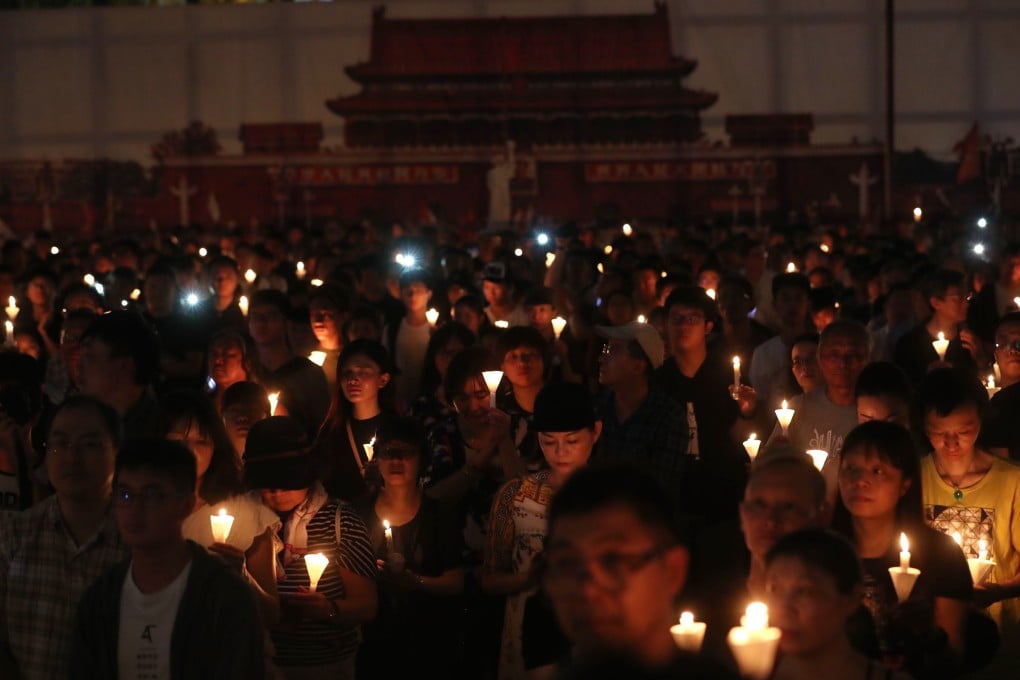My Take | What do we really commemorate on June 4?
- Hong Kong people consecrate it as a collective, communal memory of a struggle for liberty soaked in blood. But in the end, the nation’s economic reforms offer far greater personal freedoms, and freedom from want, to far greater numbers of Chinese than anything that could have been achieved by the students and workers in 1989

There is history, with which historians and historically minded social scientists are concerned. Then there is collective memory, with which a community shares to define its identity, by reference to a historical event, or a series of events, usually tragic. The two should not be confused, and yet we almost always do confuse them.
With June 4, sometimes we argue about the history, sometimes the memory, often both. As a result, we often just talk past, and end up shouting at, each other.
June 4 as collective memory
A characteristic of collective or communal memory is that instead of the past haunting the present, it’s really the present projecting its concerns to determine what we remember and how to remember it.
While there were calls for greater democracy in Hong Kong well before 1989, the June 4 crackdown on the mainland really marked the start of a local democratic movement in the city. Henceforth, the June 4 commemoration had been a key social ritual for the democratic camp to educate the public, promote its political agenda and raise donations – in short, to keep the flame alive. It was the founding “myth” of the United Democrats, subsequently the Democratic Party.
As the French-Jewish sociologist Maurice Halbwachs, who died in the Buchenwald concentration camp, understood it, collective memory is ahistorical, even anti-historical. Proper history is always complex and requires mental detachment to examine multiple viewpoints and perspectives. It recognises moral ambiguities, conflicting motives, and unpredictable and unintended outcomes. It’s subject to revisions, challenges and reinterpretations.
